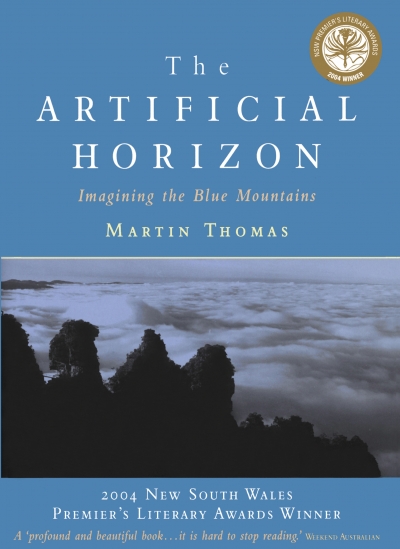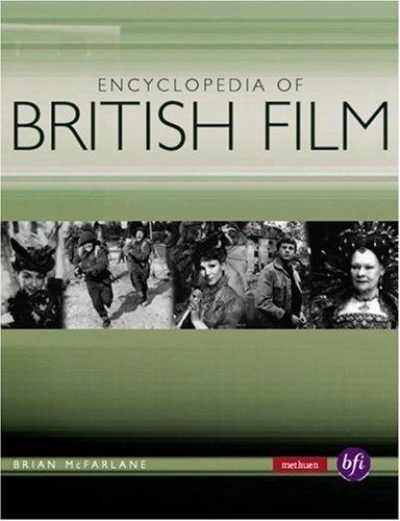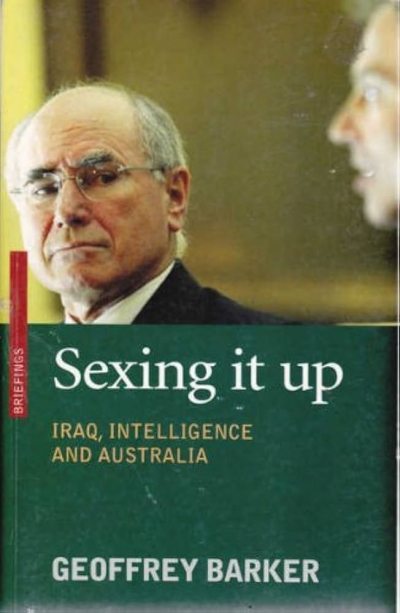Archive
Global Responses to Terrorism edited by Mary Buckley and Rick Fawn & Terror Laws by Jenny Hocking
The Artificial Horizon: Imagining the Blue Mountains by Martin Thomas
Here is the ideal place for the attempt,
Here where the Christmas sales dispose
Their day-late offerings
(From which, it seems, scarcely a soul’s exempt):
Whitegoods and videos,
The manchester, the saucepans and CDs,
The swimwear, lingerie that sings
The body and its moistening promises. ... (read more)
The National Library holds a vast array of items relating to Australian childhood. Within the general collection there is the literature itself, ranging from the first children’s book published in Australia (Charlotte Barton’s A Mother’s Offering to Her Children, 1841) through sundry omnibuses, to the latest work by Ursula Dubosarksy or Andy Griffiths – not to mention the glories of the John Ryan Comic Book Collection. This material is supplemented by biographies and autobiographies, and by a wide range of non-fiction publications documenting childhood in Australia. The Newspaper and Microform Collection is also a major resource in this area.
This vast amount of material is hugely amplified by holdings in the Library’s special collections. Among Oral History recordings are a great number of interviewees from all walks of life, who have given accounts of their childhood experiences. These range from Mary Gilmore’s recollections of the 1870s, through to the experiences of street kids in the 1990s. Likewise, the Library’s Folklore Collection incorporates children’s play songs and nursery rhymes. And the Oral History Collection includes Professor Fiona Stanley’s recent National Library Kenneth Myer Lecture on the subject of children’s rights and welfare.
... (read more)



